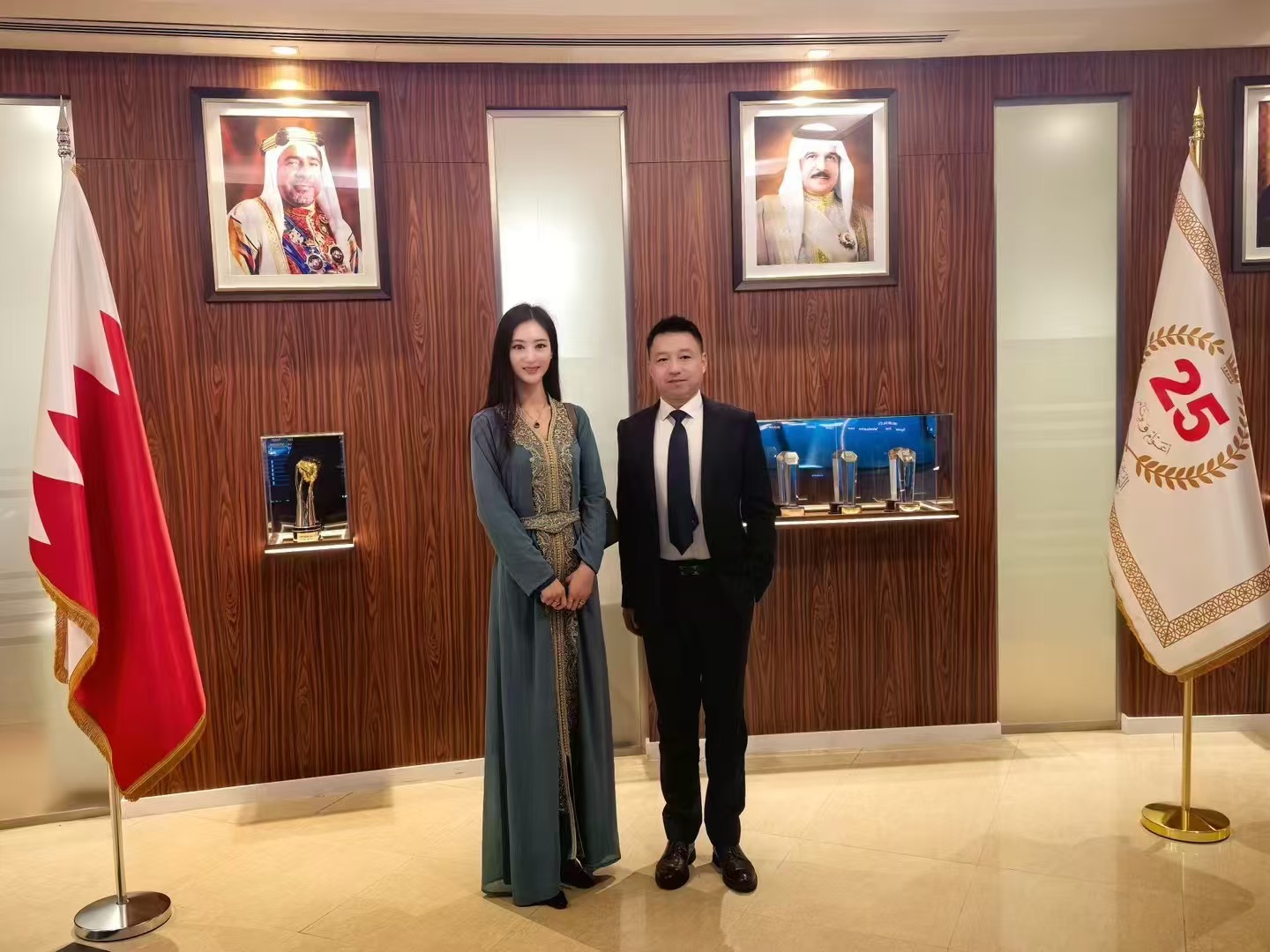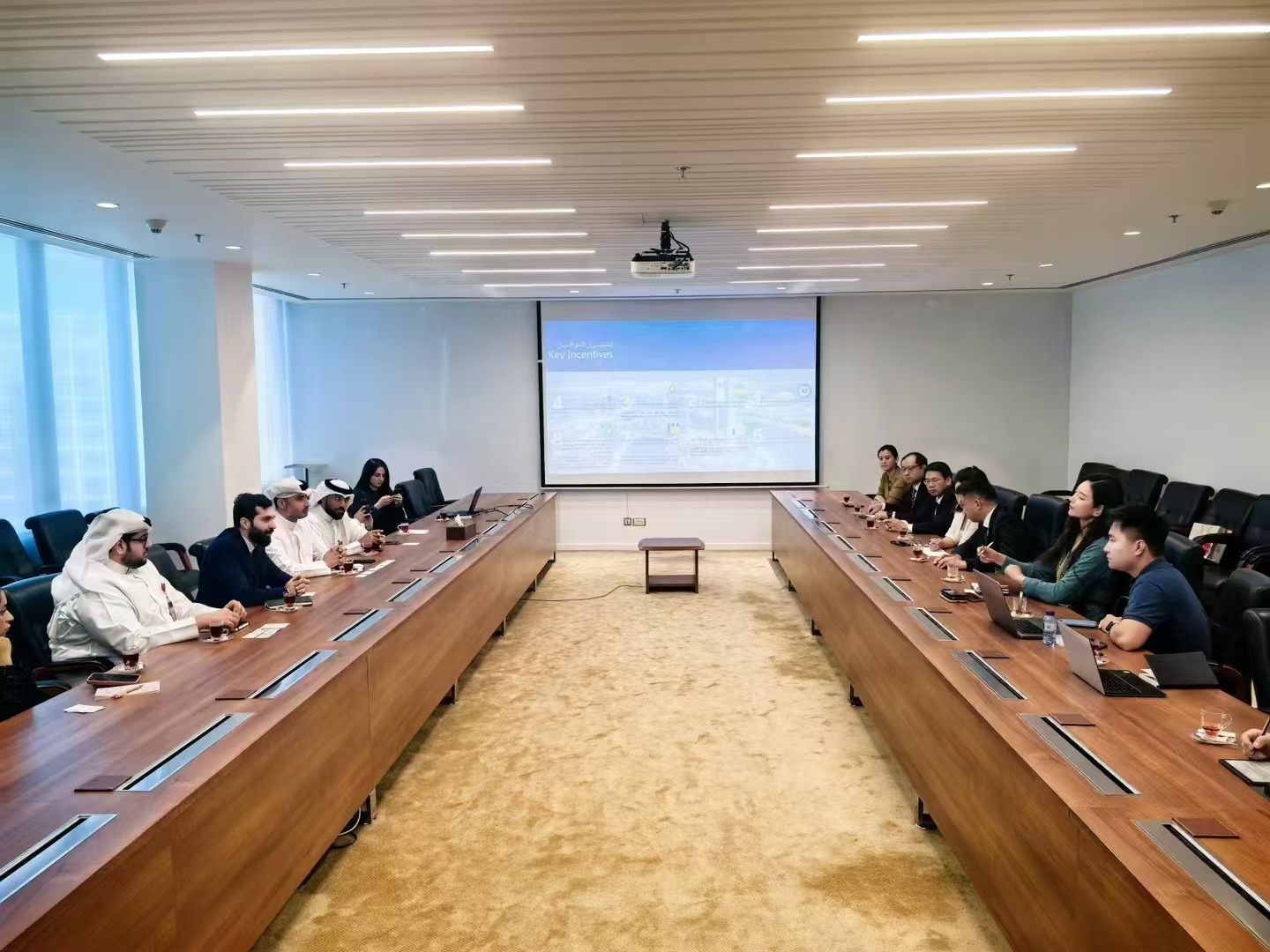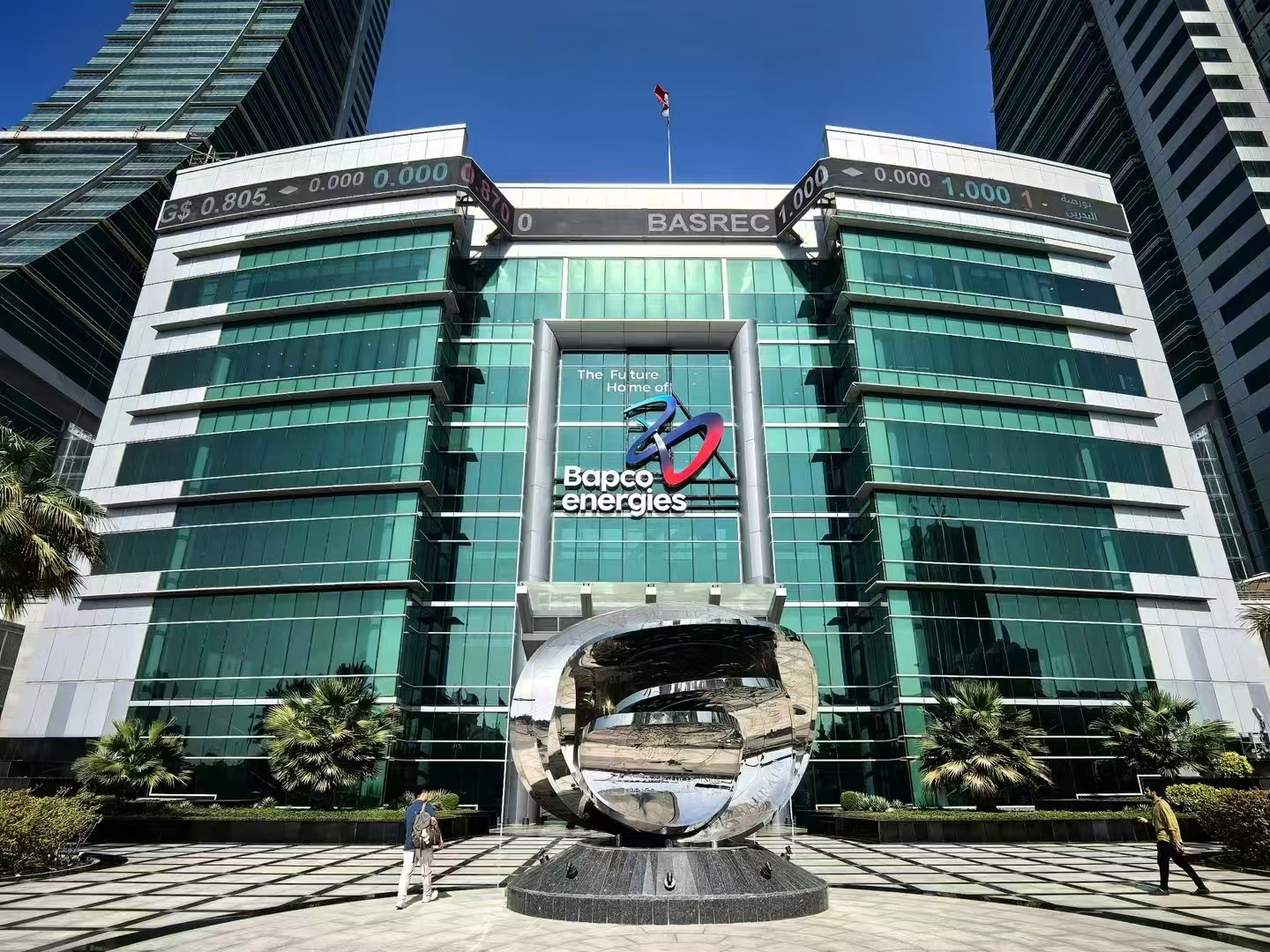China Becomes the Largest Commodity Importer for the Gulf Cooperation Council, Bahrain Showcases Investment Advantages
Reporting from Bahrain
On November 7th, the PtCrystal team met with various ministers at the Ministry of Industry and Commerce in the Kingdom of Bahrain. China has reportedly replaced the United States as the GCC's largest supplier of imported goods, while GCC countries are also major sources of China's crude oil imports, accounting for about a third of China's total oil import needs. This robust strategic bilateral relationship benefits both parties and will continue to strengthen.

During the meeting, the ministers introduced Bahrain's strategic location: Manama is only 50 kilometers from Saudi Arabia's oil fields and 29 kilometers from the north of Qatar. Overall, the GCC's six countries, with a population of about 50 million, generated an income of $4.6 trillion in 2023, with an annual growth rate exceeding 2.5%. High income, an expanding consumer market, and a safe and attractive investment environment are a winning combination for any investor.

In the global financial world, top bankers and investors recognize that Bahrain has become the primary regional financial center for traditional
Islamic banking. Major global banks operate in Bahrain and conduct transactions across the Middle East, Africa, and globally. Bahrain hosts over 400 licensed financial institutions, thanks to its strong regulatory framework and robust central bank, maintaining its title as the “regional financial center." Additionally, Bahrain has no corporate tax, income tax, capital gains tax, or withholding tax, and imposes no restrictions on the repatriation of capital, income, and profits.

Bahrain boasts significant advantages in public facilities, manufacturing cost competitiveness, and population industries. In terms of public facility costs, Bahrain's industrial electricity is slightly above RMB 0.2 per kilowatt-hour (USD 0.031), while in China, it is approximately RMB 0.8 per kilowatt-hour. In Bahrain, natural gas costs USD 2.25 per million British thermal units, which is one-eighth of the cost in China. Bahrain's cost advantages provide manufacturing firms, especially energy-intensive companies looking to establish factories in Bahrain, with substantial competitive advantages and cost savings. Bahrain's population growth and prosperity are relatively high, prioritizing infrastructure investment. Key ongoing projects include increasing power generation and diversifying the renewable energy (including solar and wind) generation mix. Expanding investment and improving the recycling, treatment, and management of solid waste are also crucial. In terms of industries, Bahrain includes aluminum smelting, downstream cable and other aluminum manufacturing, metals, stone, and other minerals (including gold and gemstones), oil processing, and petrochemicals. These national industries not only provide opportunities for the expansion of upstream and downstream related activities but also offer opportunities for enterprises with good industrial infrastructure and skilled labor to develop in new fields. The banking and financial services, ship repair, and textile manufacturing sectors are also poised for expansion and development in new areas.
